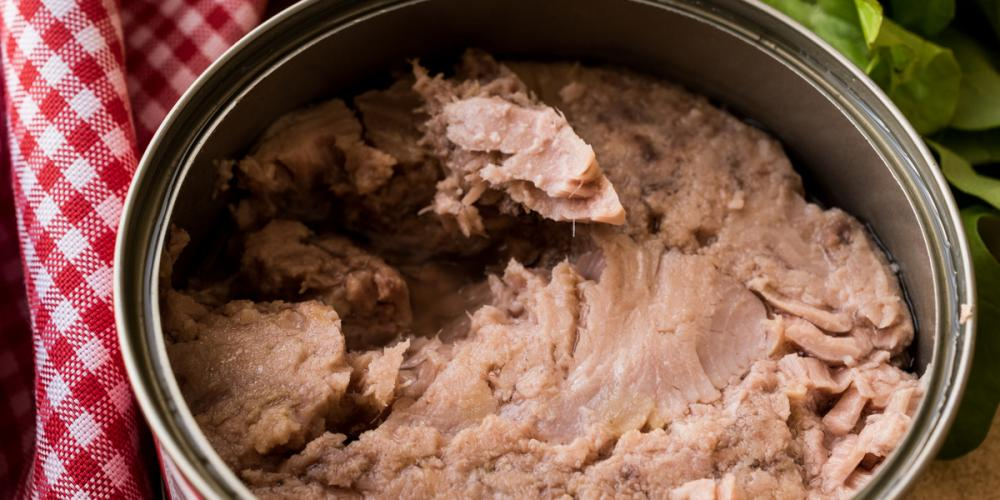Tests on 148 randomly selected cans revealed excessive mercury levels in all samples.
Others are reading now
Two European organizations, the French environmental group Bloom and the German consumer rights organization Foodwatch, have raised an alarm over mercury levels in canned tuna sold across Europe, which they describe as a “public health scandal of unprecedented proportions.”
Excessive Mercury Levels
Tests on 148 randomly selected cans from five European countries — Germany, England, France, Italy, and Spain — revealed excessive mercury levels in all samples, according to a report released on Tuesday.
The independent lab analysis showed that while mercury levels varied among brands, half of the samples exceeded the EU’s standard limit of 0.3 mg/kg, with some brands showing particularly high levels, according to El Economista.
A sample from the brand Petit Navire purchased in a Carrefour City in Paris, for example, recorded a mercury level of 3.9 mg/kg—13 times the EU’s recommended limit.
Also read
Allows Threshold to Support Fishing
Bloom and Foodwatch argue that the current mercury limit for tuna, which is up to three times higher than for other fish like cod, lacks a valid health justification.
They claim that public health authorities allow this threshold to support industrial tuna fishing interests at the expense of consumer health.
According to Bloom, the mercury limit for tuna was set to enable 95% of tuna products to remain on the market despite the species’ naturally high contamination levels.
The organizations are urging health authorities to enforce stricter regulations and prevent the sale of tuna exceeding the 0.3 mg/kg limit.
They have also called on major European retailers, including Carrefour, Mercadona, Lidl, and Aldi, to take immediate steps to protect consumer health by ensuring compliance with safe mercury limits.








